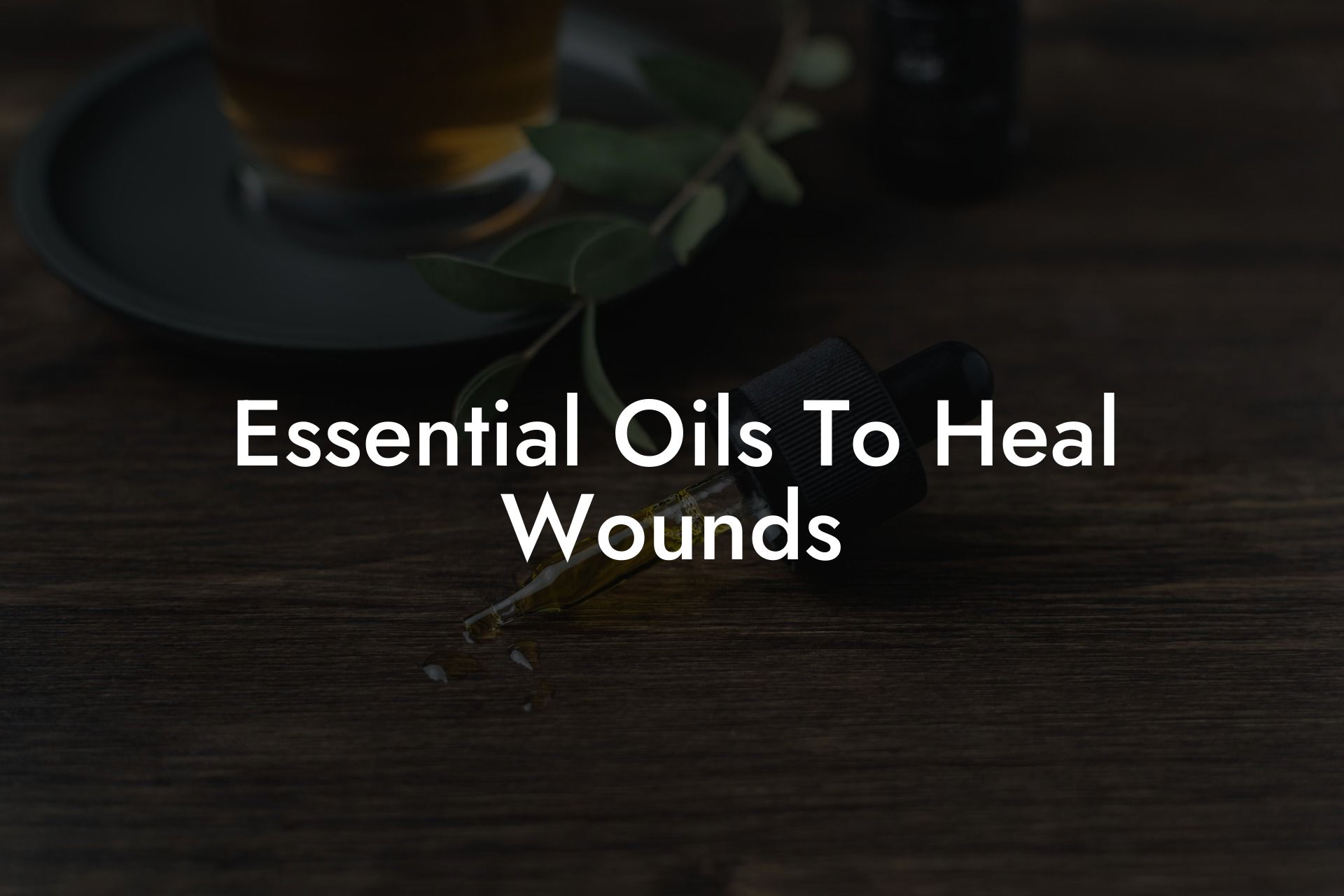Essential oils have been used for centuries not only for their aromatic properties but also for their healing qualities. Today, we explore the wonderful world of essential oils and their ability to heal wounds, cuts, and abrasions, as well as taking a deep dive into their numerous benefits. Join us as we uncover the magic of nature’s liquid gold, Oshu Oils.
Table of Contents
The Importance of Essential Oils
Essential oils are complex substances derived from plants through various processes such as distillation or extraction. They contain a unique combination of chemical compounds that work synergistically to provide various therapeutic benefits. Essential oils have long been an integral part of traditional medicine, holistic health practices, and aromatherapy.
Essential Oils for Wound Healing
Not all essential oils are created equal when it comes to healing wounds. Here are some of the top essential oils that have been proven to expedite the healing process:
- Lavender Oil: Known for its calming and soothing properties, lavender oil is also a natural antiseptic and can help reduce inflammation and promote wound healing.
- Tea Tree Oil: Tea tree oil has powerful anti-inflammatory, antimicrobial, and antifungal properties, making it a popular choice for treating various skin conditions, including wounds.
- Helichrysum Oil: Highly prized for its wound healing properties, helichrysum oil is known to reduce inflammation, prevent infection, and support tissue regeneration.
- German Chamomile Oil: With its potent anti-inflammatory and analgesic properties, German chamomile oil can help soothe irritated skin and promote faster wound healing.
- Rosemary Oil: Rosemary oil is a powerful antioxidant and antimicrobial agent that can help inhibit bacterial growth and boost the immune system.
How to Use Essential Oils for Wound Healing
Dilution: Essential oils are potent substances and should always be diluted before applying them to the skin. For wound care, it is recommended to use a carrier oil, such as coconut or jojoba oil, and follow a 2% dilution rate, which equates to approximately 12 drops of essential oil per 1 ounce of carrier oil.
Essential Oils To Heal Wounds Example:
Imagine you’ve just accidentally scraped your knee while going for a run. After cleaning the area, you can create a healing blend by combining 12 drops of lavender oil with 1 ounce of jojoba oil, and applying this mixture to your wound using a clean cotton swab. The antimicrobial and anti-inflammatory properties of the lavender oil will help ward off infection while promoting faster healing. Not to mention, the soothing scent of lavender will also help calm your nerves.
We hope that you now have a better understanding of the natural healing powers of essential oils and how they can be incorporated into your wound care routine. Remember, always consult a healthcare professional before trying any new remedy, and in case of any adverse reactions, discontinue use immediately. Don’t forget to share this article with friends and family, explore other essential oil guides on Oshu Oils, and discover the amazing range of Oshu Oils artisan essential earth oils to boost your overall wellbeing.





















